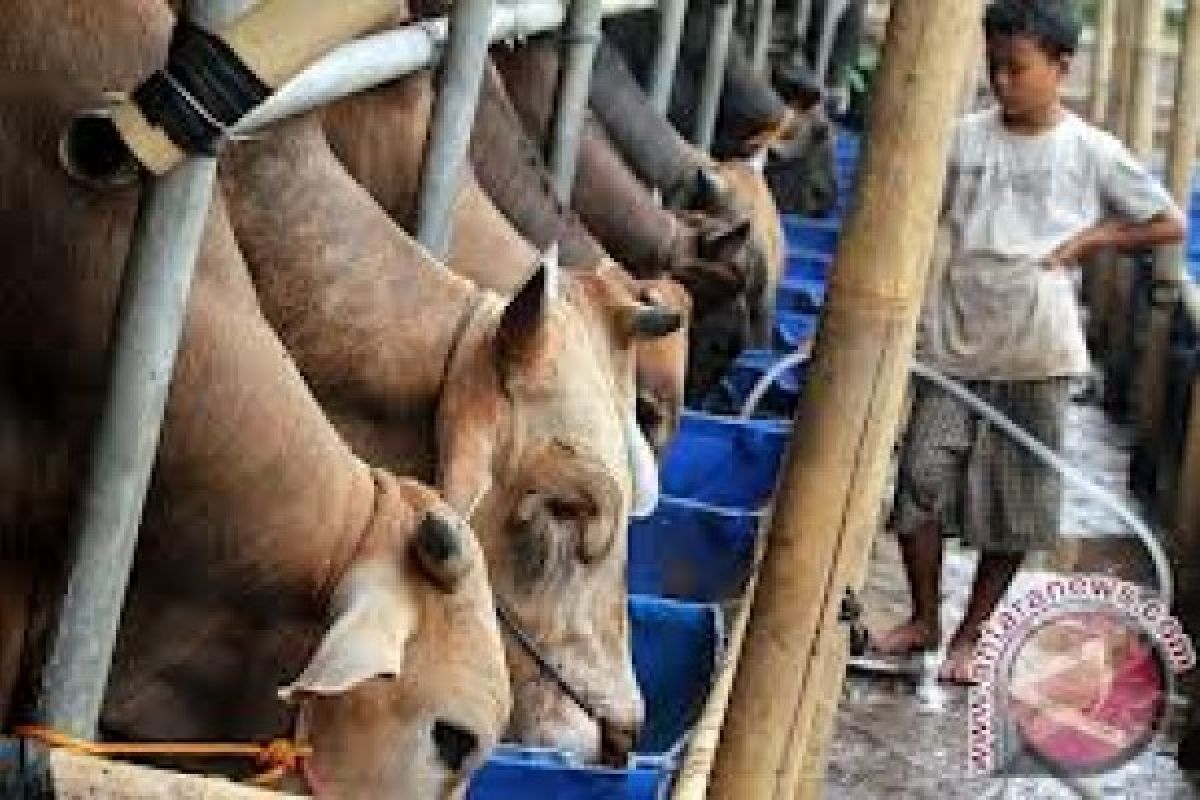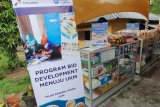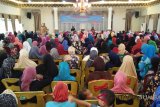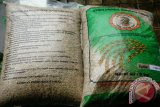Padang, (Antara Sumbar) - The government of Padang Municipality, West Sumatra encourages local residents to increase cattle population to fulfill the needs of meat so that it is no longer supplied from outside the region.
"There are many people who still have not been serious in raising cows, so it needs reinforcement in order to increase the livestock population," Padang Mayor Mahyeldi Ansharullah remarked in Padang on Friday (Sept 8).
He pointed out on the Day of Sacrifice a few days ago there was an increase in demand from the previous year to reach eight thousand cattles to perform slaughter.
"Most of them are supplied from outside the region," he said.
Thus, he said the Special Effort of Cow / Ox Mandate Bunting (Upsus Siwab) and the seriousness of the breeders are expected to increase population of cattle in the area.
Meanwhile, head of Padang Agriculture Agency, Syaiful Bahri said only about 30 percent of cows can be provided in Padang.
"The cows are supplied from South Pesisir, Tanah Datar, Padang Panjang, and Solok districts," he said.
Meanwhile, from outside West Sumatra, it came from Lampung, Aceh, Bali and Madura.
Until now, he said the population of cattle in the area note 22 thousand cows. Then with Upsus Siwab program is expected to be 23 thousand to 24 thousand.
"In 2018, it targeted to be born 1,400 cattles," he said.
Earlier, Ministry of Agriculture allocated budget of Rp1.1 trillion to increase cattle population through Upsus Siwab program 2017.
Director General of Animal Husbandry and Animal Health (DG PKH), Kementan Drh I Ketut Diarmita said the efforts to increase cattle population through Upsus Siwab program aims to reduce dependence on imported cattle.
Simultaneously support Indonesia to become a world food barn.
Upsus Siwab 2017 program is implemented throughout Indonesia. Implementation is done through the strategy of optimizing the implementation of artificial insemination in 33 provinces. (cha)
Editor: Vicha Faradika
Padang Encourages Residents To Increase Cattle Population

Cows. (Antara)









